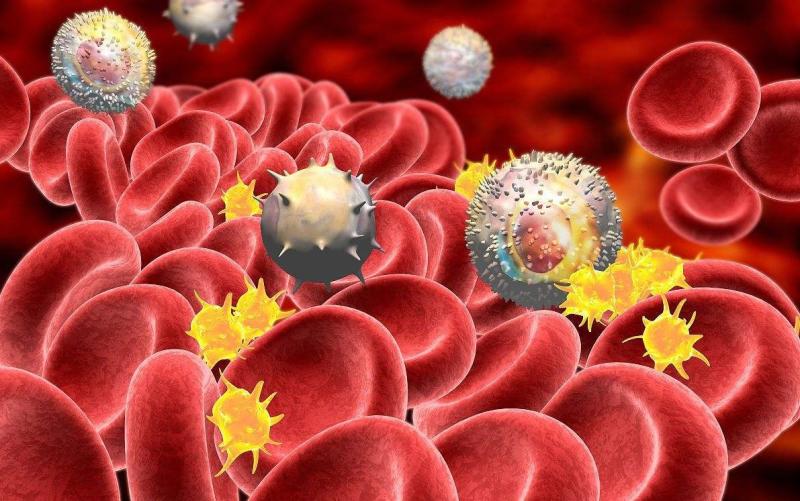
Platelet aggression is inhibited in patients with acute myocardial infarction (AMI) following subcutaneous administration of selatogrel, which induces a profound, rapid, and dose-related antiplatelet response, according to a study.
The investigators randomized 47 AMI patients to a single subcutaneous dose of selatogrel 8 (n=24) or 16 mg (n=23). Response to treatment (P2Y12 reaction units <100; measured by VerifyNow) at 30 min postdose was the primary endpoint. They assessed safety up to 48 h after injection.
Following injection with selatogrel, AMI patients received either ticagrelor (n=43) or clopidogrel (n=1). The proportion of patients who responded to treatment 30 min postdose was 91 percent (one-sided 97.5 percent confidence interval [CI], 80–100 percent; p=0.142) with 8 mg and 96 percent (97.5 percent CI, 87–100 percent; p=0.009) with 16 mg.
Response rates were independent of age, sex, or AMI presentation type. A similar response rate was seen at 15 min (8 mg: 75 percent, 97.5 percent CI, 58–100 percent; 16 mg: 91 percent, 97.5 percent CI, 80–100 percent). Such response was sustained at 60 min postdose (8 mg: 75 percent, 97.5 percent CI, 58–100 percent; 16 mg: 96 percent, 97.5 percent CI, 87–100 percent).
Median P2Y12 reaction units at 15 min was 51 (range, 4–208) and 9 (range, 2–175) for 16 mg. Selatogrel was well tolerated and did not lead to major bleeding complications.
“Oral P2Y12 receptor antagonists exhibit delayed onset of platelet inhibition in patients with AMI,” the investigators said. “Selatogrel is a potent, highly selective, and reversible P2Y12 receptor antagonist with a rapid onset and short duration of action.”